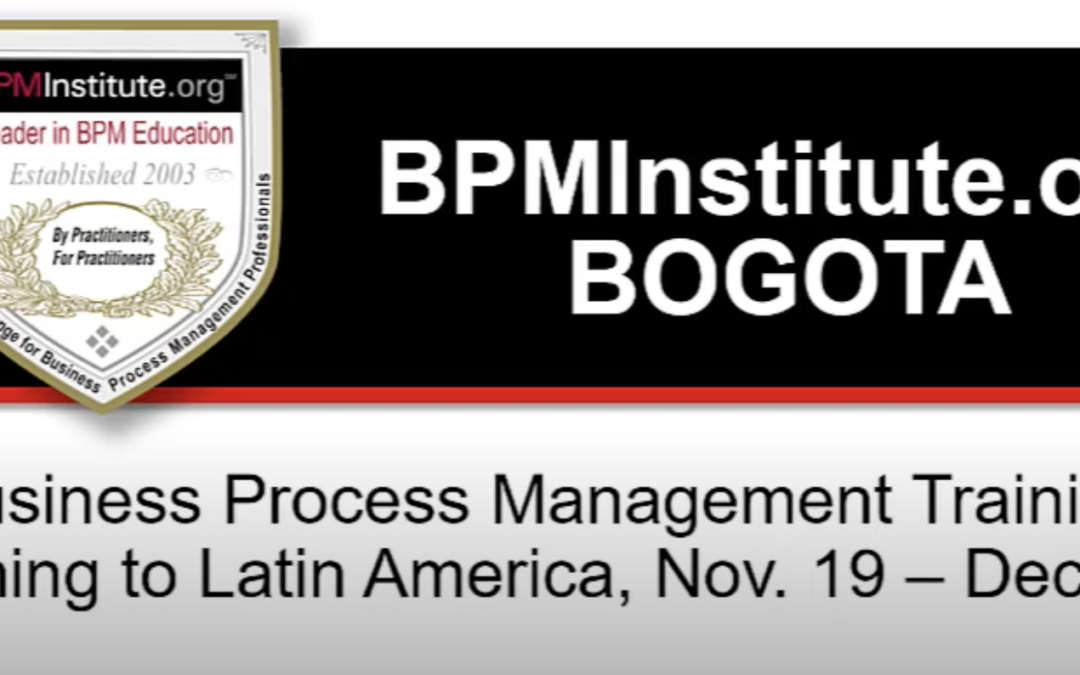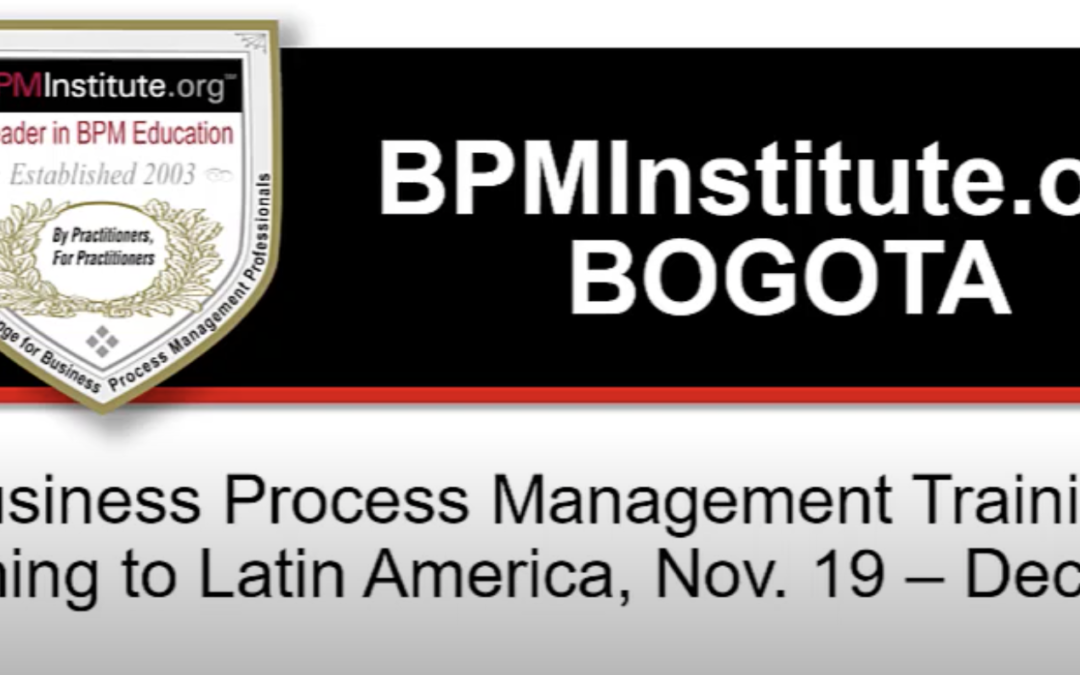To truly be successful, organizations need to identify skills needed, a plan to create trainings, develop or leverage an LMS and create a communications plan among other things.


To truly be successful, organizations need to identify skills needed, a plan to create trainings, develop or leverage an LMS and create a communications plan among other things.

Gregg Rock interviews Matt Donovan and Kevin Vautrinot from Accelare about their new Learning and Development e-book.

Business architecture helps across the organization and one of the most important ways is its use of models to convey concepts of the organization.

Organizations understand and appreciate the need for technical architects. We’re using new tools and we need experts in those technologies. Organizations have deep capabilities in program management.

Learn how business architecture allows an organization to understand the operational complexity of the business. Gain a better understanding of how to leverage business architecture, to identify the impact of business processes, data structures and organizational models.

Business architecture doesn’t define strategy but it can often enhance and enable strategy.

Today’s businesses are a collection of interdependent complex operations organized to provide value to a customer and each business entity is competing within a larger business ecosystem in which it must offer a unique value proposition in order to remain relevant in the market. It nearly all cases, IT is essential (either directly or indirectly) to enabling consistent, reliable, and efficient delivery of the product or service.

In this 6 part video interview series, Gregg Rock and Ed Hunt will discuss all things you ‘Need to Know’ about Business Architecture! This series will break down how Business Architecture enables execution, relates to IT, improves business outcomes, is connected to digital business, and assists with strategy.

BPM 101 is the cornerstone course of the BPM curriculum. It has recently been updated to reflect the evolution in new tools and technologies as well as the central role of BPM in digital transformation.

Since BPM leverages the use of information technology in areas such as modeling, workflow, rules management, analytics and simulation, the practice of BPM also varies depending on the source of the enabling IT that is being employed.
Everyone starts here.
You're looking for a way to improve your process improvement skills, but you're not sure where to start.
Earning your Business Process Management Specialist (BPMS) Certificate will give you the competitive advantage you need in today's world. Our courses help you deliver faster and makes projects easier.
Your skills will include building hierarchical process models, using tools to analyze and assess process performance, defining critical process metrics, using best practice principles to redesign processes, developing process improvement project plans, building a center of excellence, and establishing process governance.
The BPMS Certificate is the perfect way to show employers that you are serious about business process management. With in-depth knowledge of process improvement and management, you'll be able to take your business career to the next level.
|
Courses
|
|
|
|
Courses
|
|
|
|
Courses |
|
|
Business Architecture
|
|
|
|
Courses
|
|
|
|
Courses |
Certificate
|
|
Courses |
Certificate
|